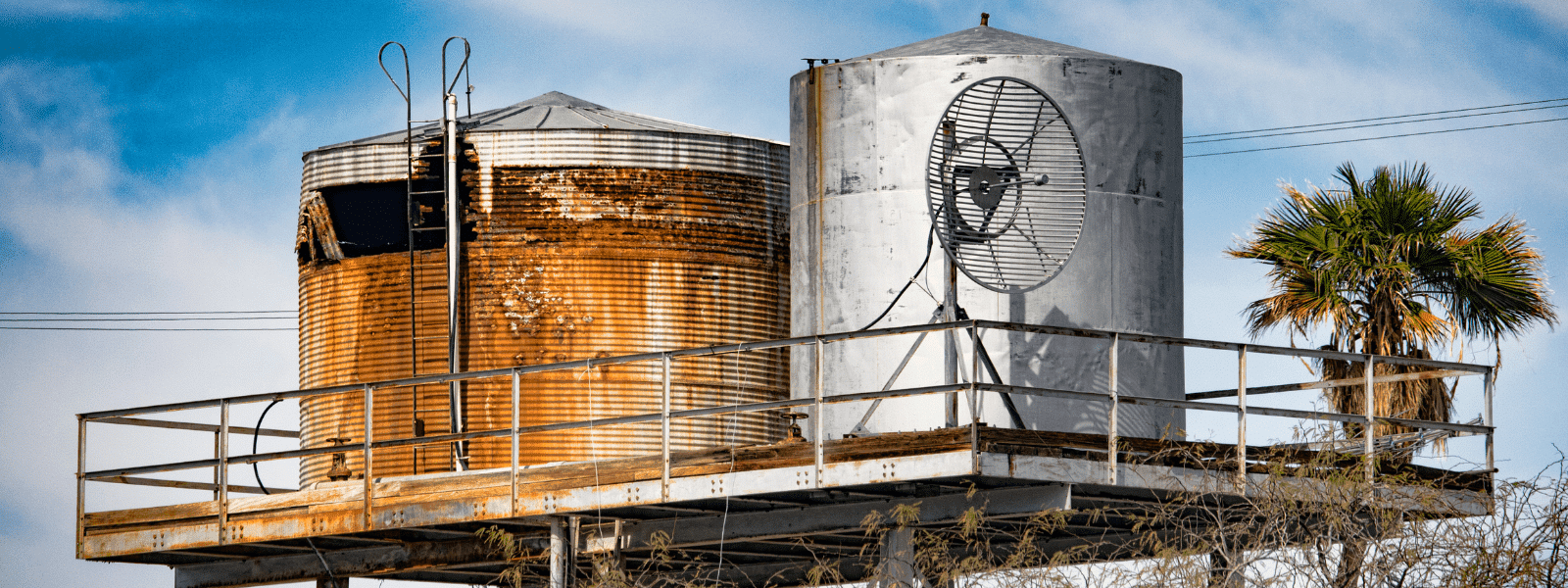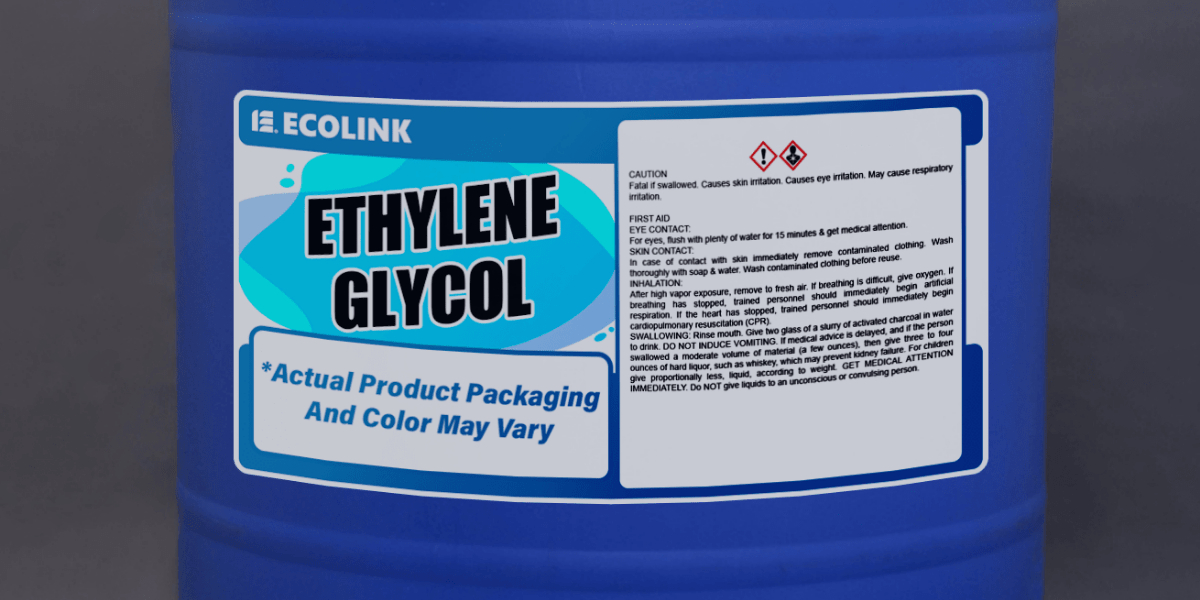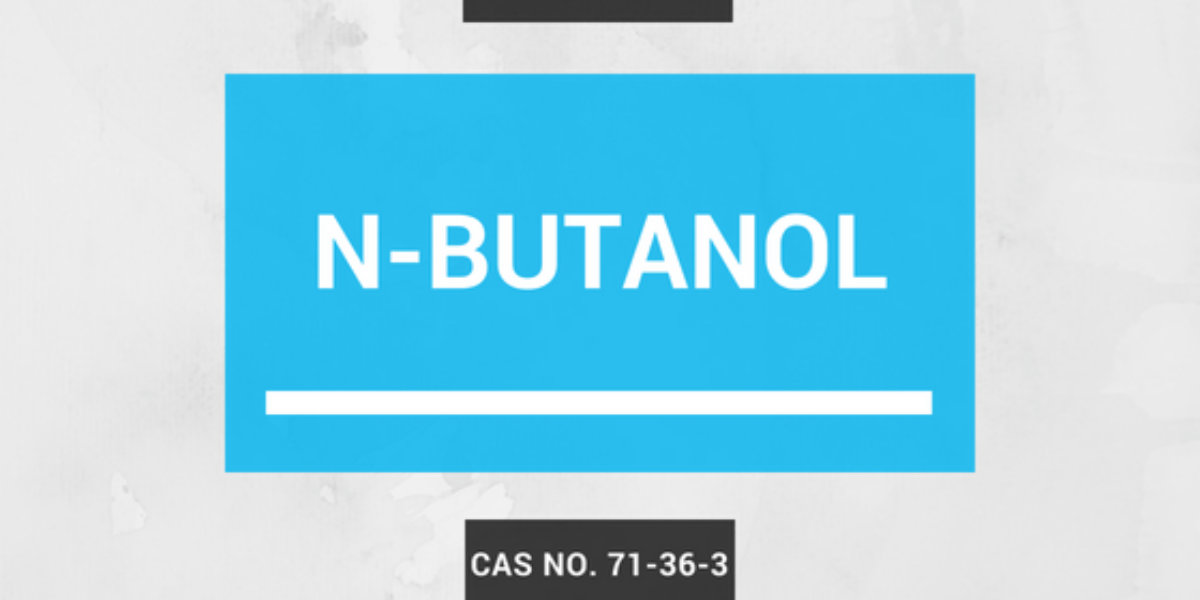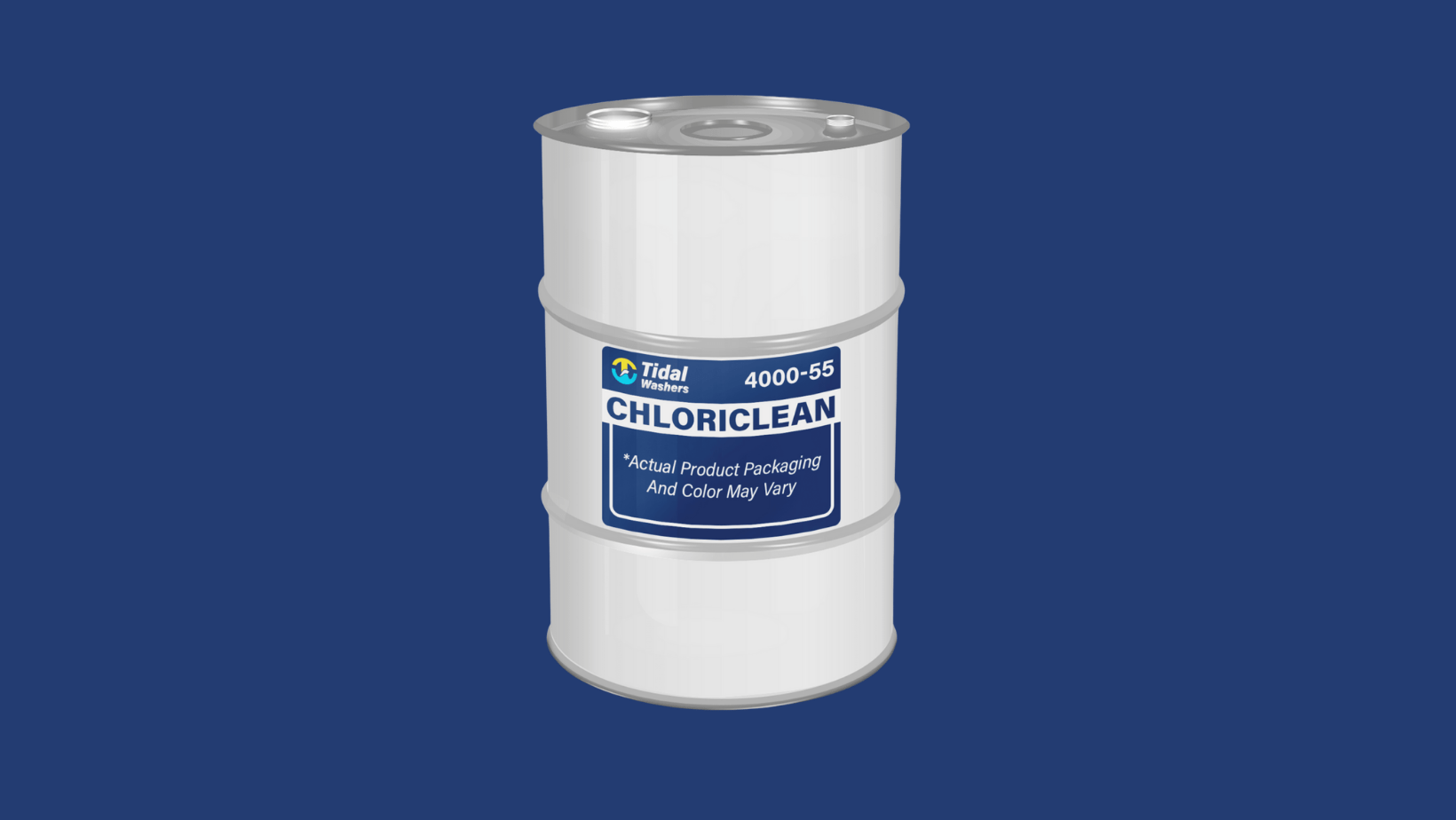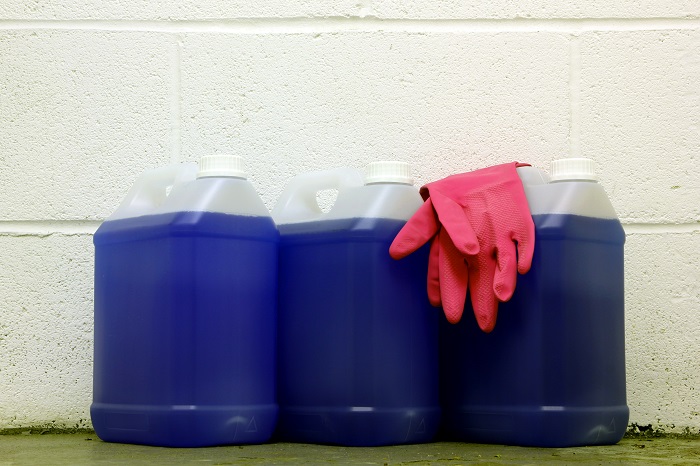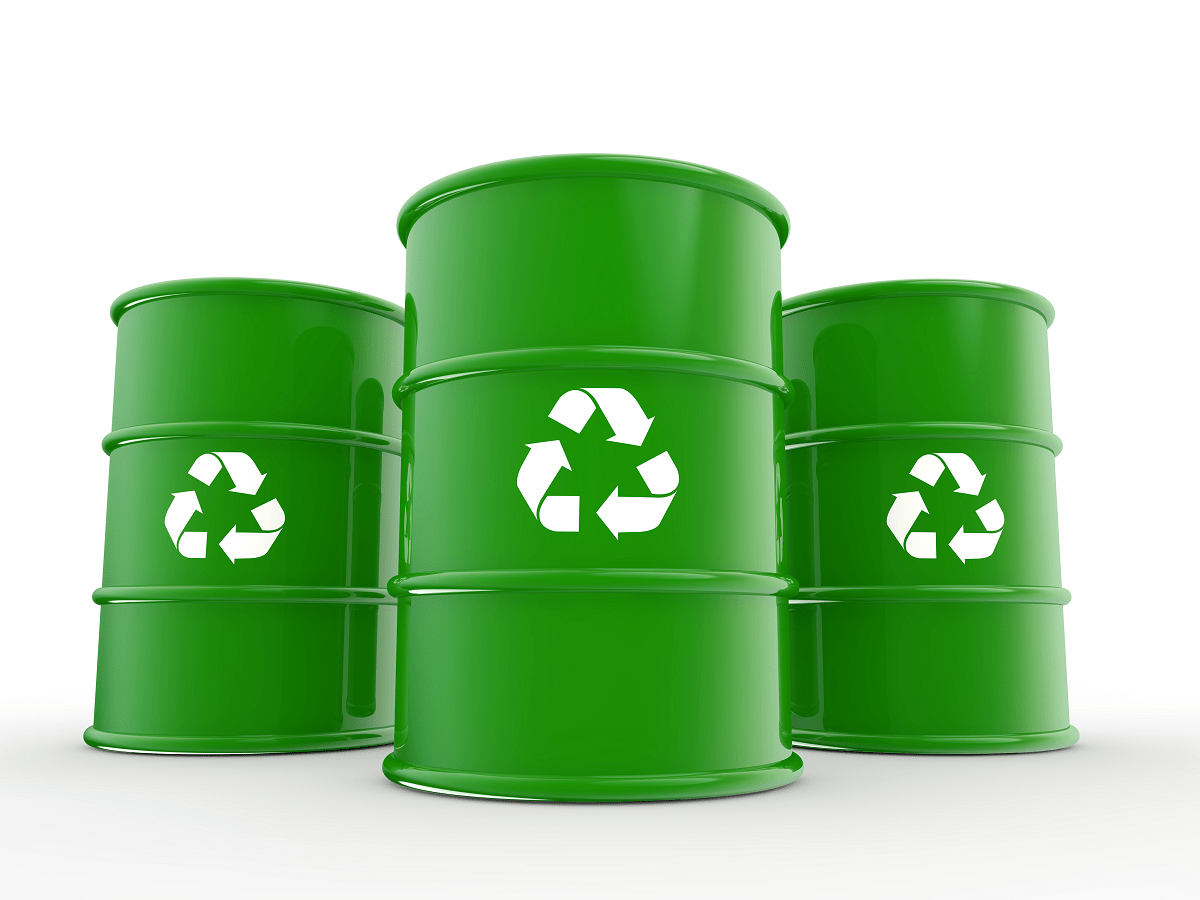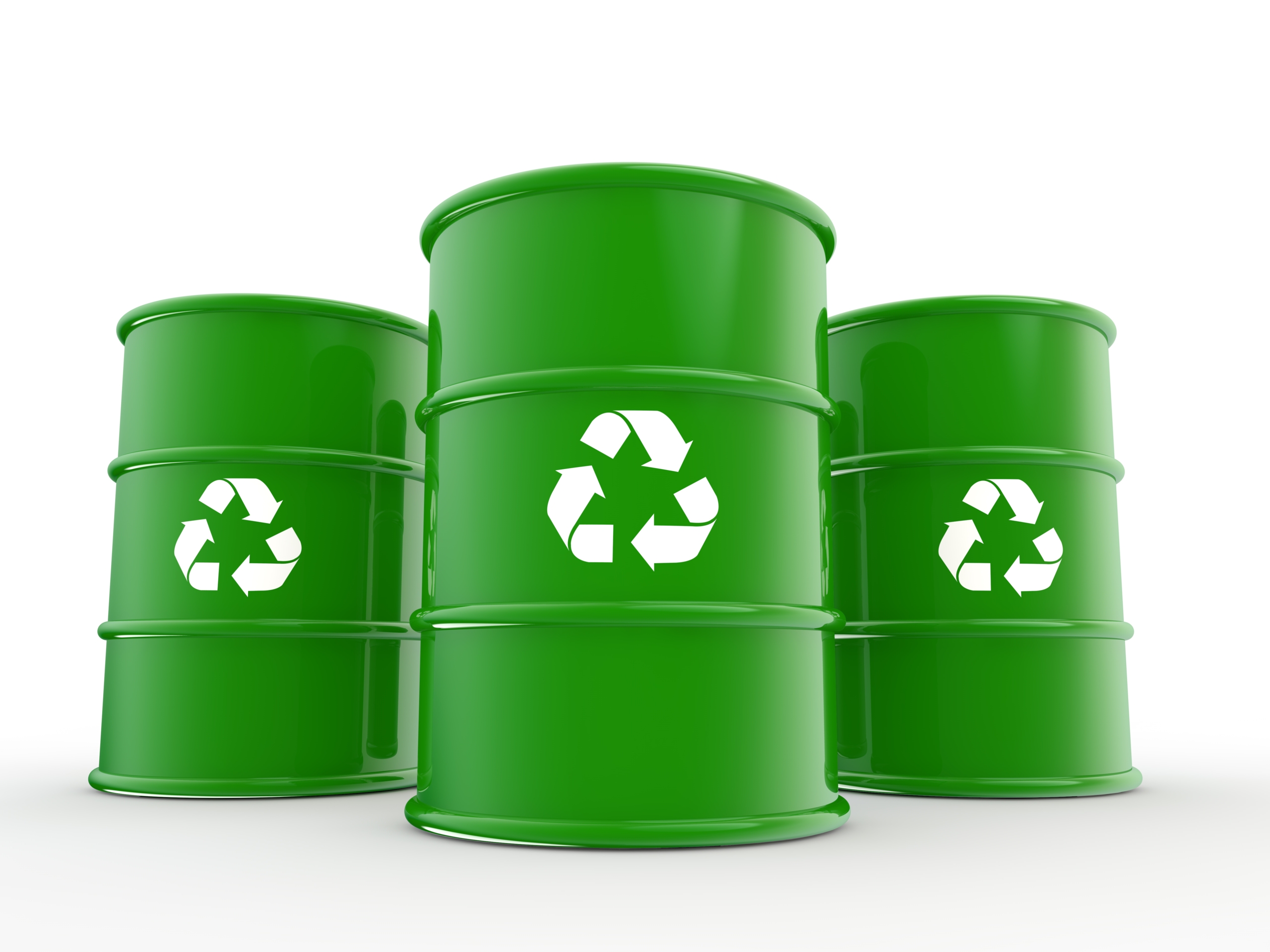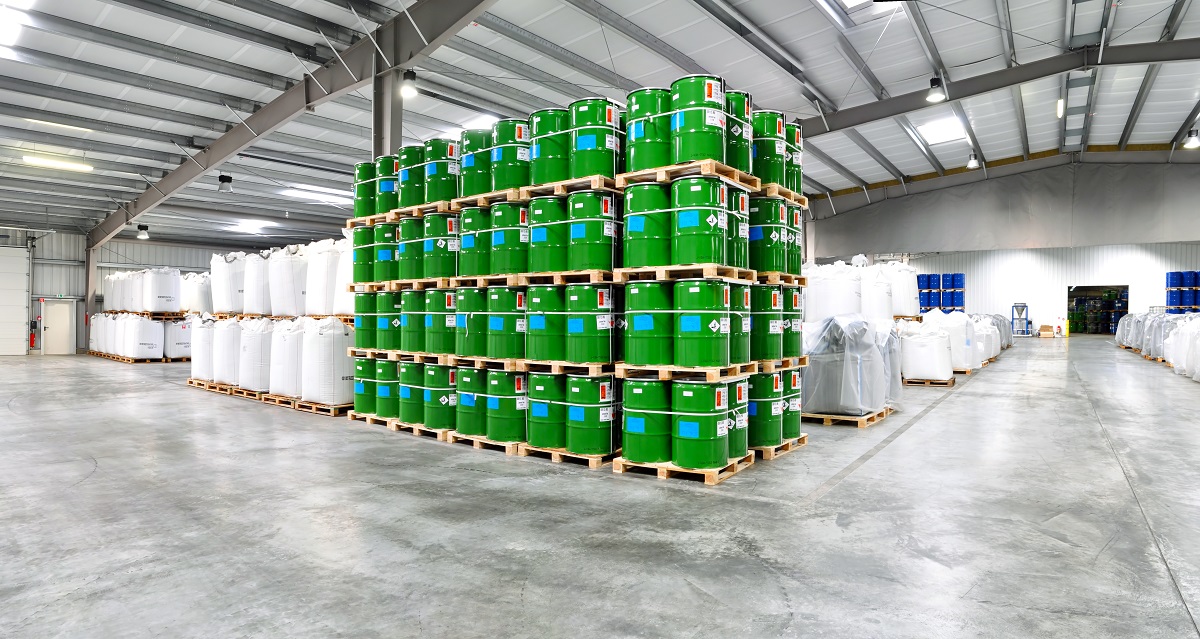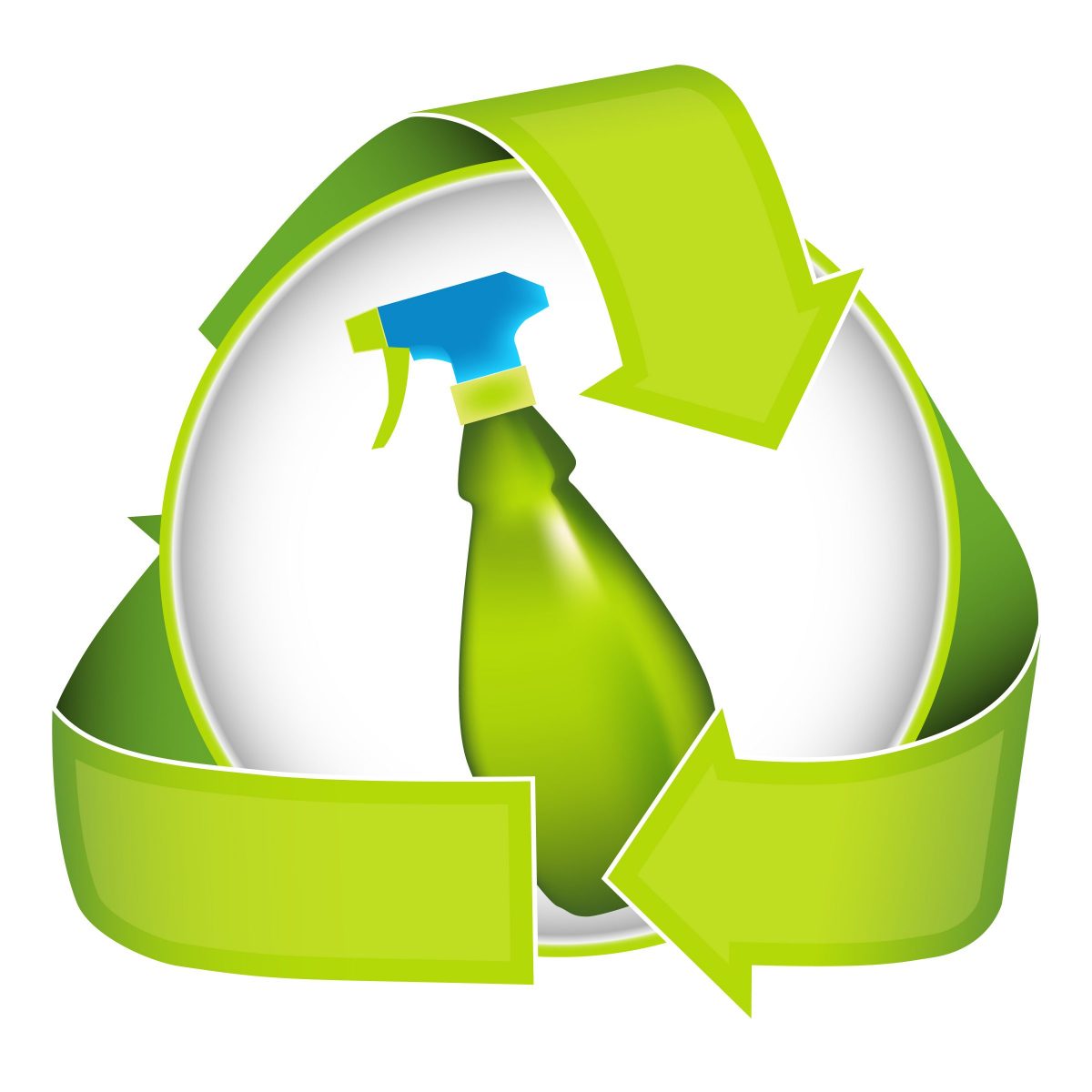One of the biggest problems that water cooling systems can face is corrosion, which occurs when water interacts with the metals in the structure and...
Blog


CHEMICAL INDUSTRY NEWS
Chemical Chat – Discover What’s New!
What is Ethylene Glycol
What is ethylene glycol? Ethylene glycol is a common industrial chemical that is often used as a humectant. Ecolink provides high quality, bulk...
What Is a Humectant
What is a humectant? Merriam-Webster Dictionary defines the term Humectant as “: a substance that promotes retention of moisture”. There are several...
The Benefits of Chloriclean
Looking for a New Cleaning Solution? Do you work in the food manufacturing or processing industry? If so, you know...
What is Ethylene Glycol
What is ethylene glycol? Ethylene glycol is a common industrial chemical that is often used as a humectant. Ecolink...
Company News
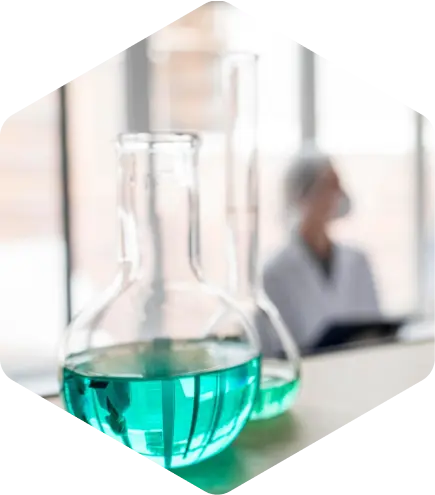
Managed Services
Discover the Latest in Safe and Sustainable Chemical Solutions
Stay informed with Ecolink’s blog! Subscribe now
Chemical Management Information
Stay updated with us
Sign Up for the Latest Updates
Stay informed about chemical supply chain disruptions and emerging innovations to keep your business at the forefront of efficiency and innovation. Uncover new ways to make your business practices more sustainable by incorporating safer products into your cleaning lineup.



